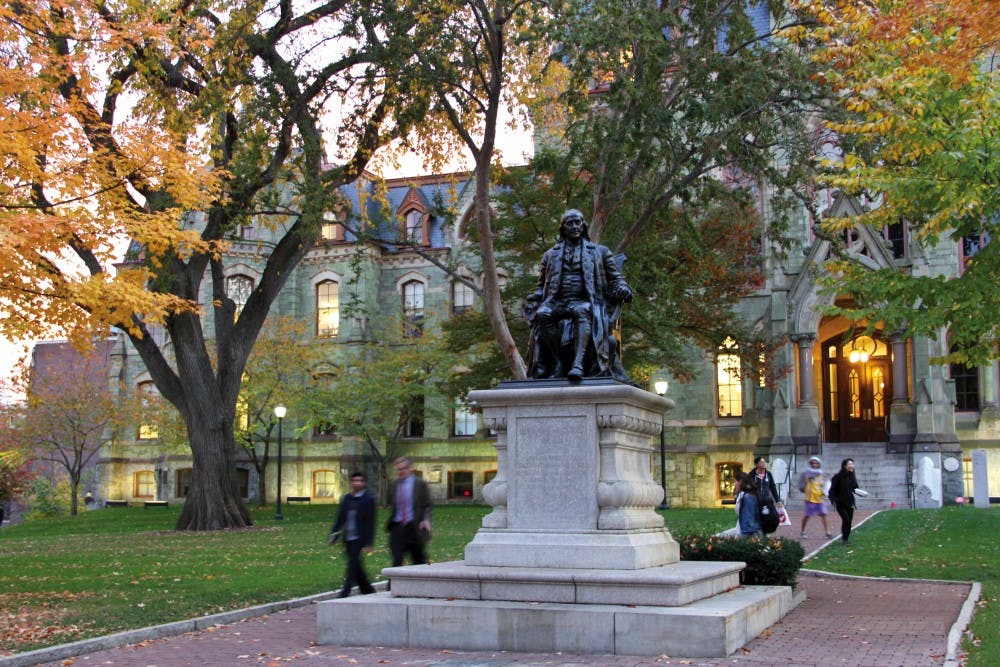Penn Admissions made a significant change to its Early Decision policy to ensure that early applicants are as committed to Penn as possible.
Admissions decided to restrict the Early Decision plan after determining that the original early option did not emphasize its binding agreement enough. The language of the new plan is very similar to the Restrictive Early Action program that Harvard, Yale, Princeton and Stanford use.
Previously, students who applied Early Decision to Penn could apply Early Action to private schools that did not have Restrictive Early Action policies. Now, they cannot apply Early Action to any private schools, regardless of whether their policies are restrictive.
The change only applies to private schools, not public or foreign universities. It also does not include public or private schools with early non-binding scholarship programs.
“What we’re trying to do is make sure students who are looking at us really know about that Early Decision commitment,” Dean of Admissions Eric Furda said. “Because it’s a commitment you shouldn’t take lightly. And if you’re not sure, you shouldn’t apply under Early Decision.”
Furda said that a major motivator for the decision was an increasing trend of students breaking their Early Decision contracts after they were admitted to Penn in December. In the eyes of Penn Admissions, the only admissible reason for reneging on an Early Decision acceptance is an unsatisfactory financial aid offer. Penn was concerned that some students who were admitted Early Action to other schools would regret applying Early Decision to Penn and renege on the binding agreement.
Although the previous Early Decision plan obligated a student to attend the University, the admissions board would not force them to if they decided otherwise. The board still will not force students to attend, but the policy change will ideally prompt students to be more thoughtful before they select the Early Decision option and reduce conflicts later on.
“It’s not healthy for the student or the individuals around that student,” Furda said.
However, 1986 Wharton graduate Laurie Weingarten, director of admissions counseling at One-Step College Counseling, was worried that the new policy would limit students’ options.
“This new policy is disappointing and it’s going to hurt kids,” Weingarten said. “And what has come up is kids are now choosing to not apply to Penn ED. They’re going to choose Brown or Columbia or Cornell because they can then still hedge their bets. Even though Penn might be their first choice, it’s risky because you don’t always get into Penn Early Decision.”
Students who applied to Penn Early Decision before the policy change are not affected. College sophomore Zoe Colbert was glad that she had more autonomy when she applied to Penn in the fall of 2014.
“I wouldn’t have wanted to not apply to certain schools,” she said.
The new admissions plan is still untested. Only when the potential Class of 2021 applies to Penn will it go into effect.
“At the end of the day, I want every face in front of me to want to be here,” Furda said. “People can have doubts, but certainly not, ‘Oh wow, I got into that other place Early Action, I shouldn’t be sitting here tonight on College Green.’”









